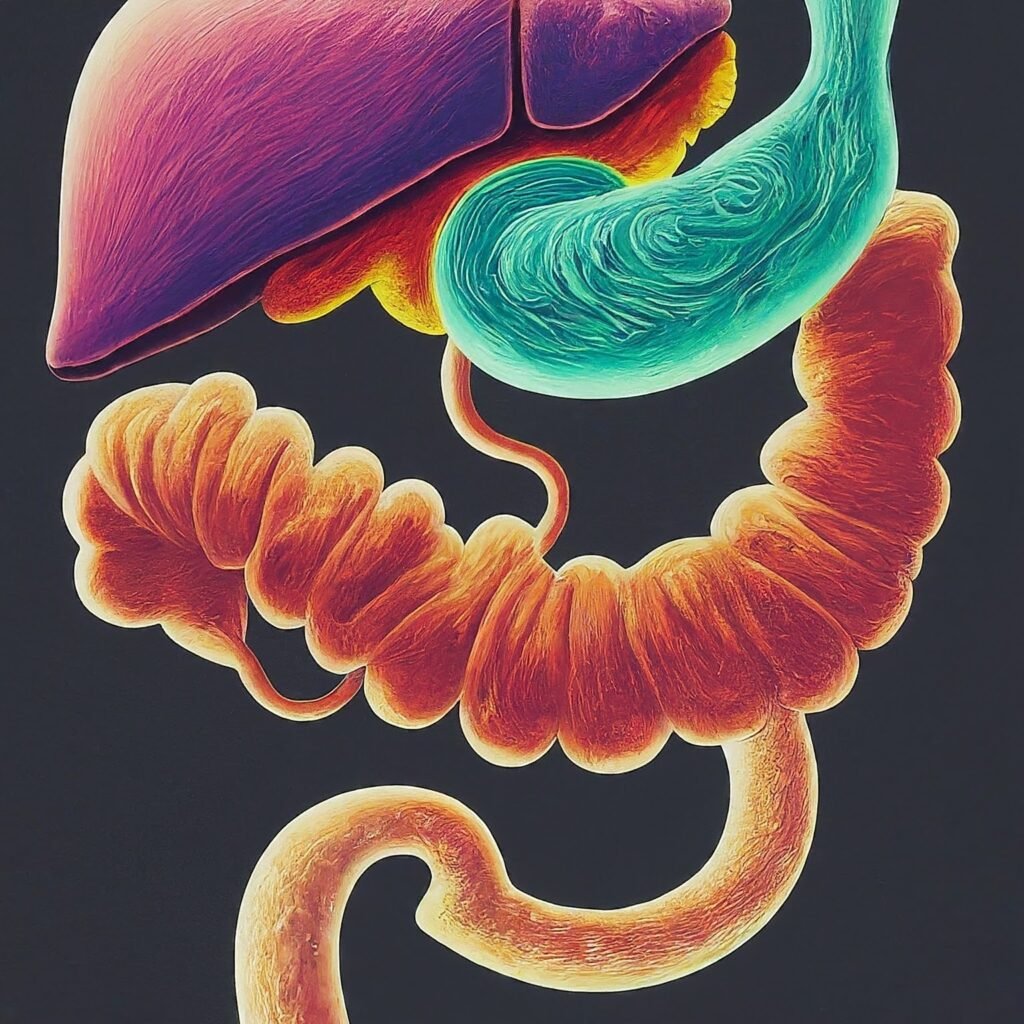The psychology and effects of crying

Psychologists describe some of their recent findings on the effects of crying.
Table of Contents
The effects of crying depend on the situation.
Psychologists analyzed the detailed accounts of more than 3,000 experiences of people who had recently cried (which occurred outside the laboratory) and found that the effects of crying are entirely dependent on the what, where and when of a particular crying episode.
The researchers found that the majority of respondents reported improvements in their mood after a crying spell.
However, a third of those surveyed reported no improvement in mood and a tenth felt worse after crying. The survey also revealed that crying people received social support during their episode, they were the most likely to report improvements in mood.
Benefits of crying.
Research to date has not produced a clear picture of the benefits of crying, in part because results often seem to depend on how crying is studied. The authors point to several challenges in accurately studying crying behavior in a laboratory.
Volunteers who cry in a lab often describe their experiences as non-cathartic or as making them feel better. Rather, crying in a laboratory setting often results in study participants feeling worse; this may be due to the stressful conditions of the study itself, such as being videotaped or viewed by research assistants. This can produce negative emotions (such as shame), which neutralizes the positive benefits usually associated with crying.
However, these laboratory studies have provided interesting results on the physical effects of crying. Crying people do show calming effects such as slowed breathing, but they also experience a lot of stress and unpleasant arousal, including increased heart rate and sweating.
What is interesting is that bodily calm tends to last longer than unpleasant arousal. The calming effects can occur later on and overcome the stress reaction, which would explain why people tend to remember mostly the pleasant side of crying.
Crying can transform something negative into something positive.
Research has shown that the effects of crying also depend on who is shedding the tears. For example, people with anxiety or mood disorders are less likely to experience the positive effects of crying. Additionally, researchers report that people who lack information about their emotional lives (a condition known as alexithymia) actually feel worse after crying.
The authors suggest that for these individuals, their lack of emotional vision may prevent the kind of cognitive change necessary for a sad experience from turning into something positive.
Crying has come naturally to us since the day we were born. When we were kids, we cried when we were hungry, sleepy, tired, frustrated, dirty, whatever. As we got a little older, our tears rolled when we felt ignored, scared, admonished by adults, or fell. The tears did not last long, and in a few minutes, we were back to our normal, curious, active childhood selves.
But what happened as we grew up? We have learned to repress our emotions. Not showing our disappointment or pain so easily. We became big boys and big girls, and our parents and teachers remind us over and over to stop crying about this or that and be brave.
But fact of the matter is that we all have to cry even as adults at some point or another in our lives. And scientists have found that those who have a good cry periodically actually lead healthier lives.
The effects of crying can heal you.
1. Release stress and toxins from emotional stresses from the body. After a good fight, don’t we all feel a little lighter?
2. Tears that flow from emotion actually contain higher amounts of protein and beta endorphin – natural pain relievers. Tears also kill bacteria, lubricate the eyes, and help us see better.
3. Those who cry more often than others report less physical illness than those who keep it inside.
4. Help calm your insides and bring peace. We can see the situation more clearly and calmly after a good crying session.
Being strong and courageous is not about suppressing emotions. It’s about clarity, the willingness to face what life offers our way. And knowing the power of liberation. So, the next time you feel the tears welling up, go get the tissue box and cry your heart out. You will feel better in more ways than one.


